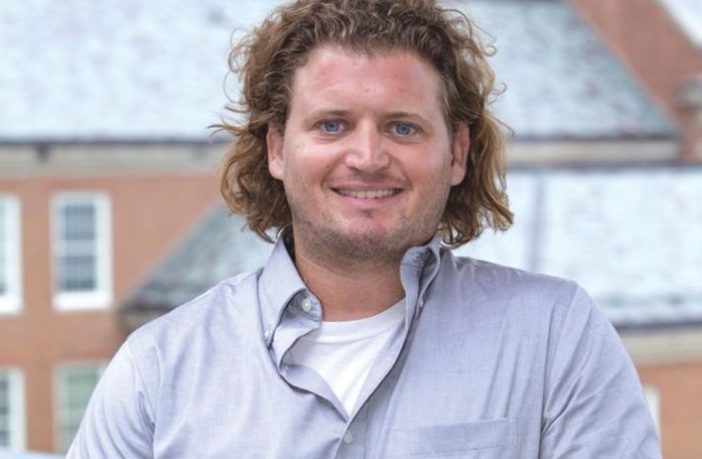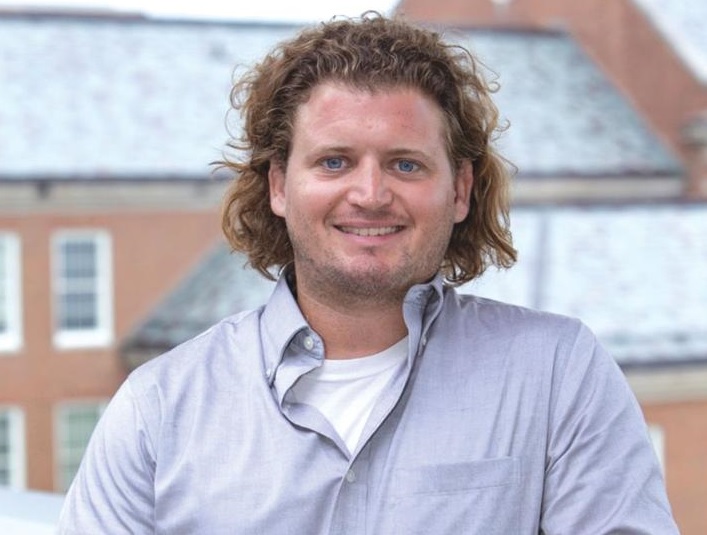Graphic
By James Scogin
Georgetown News-Graphic
Eastman Johnson
Photo courtesy of UC Creative Services
Eastman Johnson, Georgetown, recently earned a Fulbright grant which takes him back to Morocco for 15 months to research solid waste and further his knowledge of foreign language.
Before finding out he earned the scholarship, Johnson worked various jobs including managing pools around Cincinnati and doing graphic design work for his father’s company and the Cincinnati Film Society.
The Fulbright U.S. Student Program provides grants for individually designed study/research projects or for English Teaching Assistant Programs, according to the Fulbright website.
Johnson earned a Fulbright scholarship, a research grant, as well as a Critical Language Enhancement Award [CLEA].
Through the research grant, Johnson can stay for up to 9 months, which will start in March, he said. CLEA grants him 6 months.
After working with the Peace Corps in Morocco from 2014-16, helping design their first trash can, designing their first playground and putting those trash cans in all of the schools, Johnson knew he had to return after his time was done with the Corps.
“While I was working on my thesis last summer I knew I needed a way to get back to Morocco to gather the data needed to support the implementation of these environmental projects I plan to do,” Johnson said. “I remember when I was serving the Peace Corps in Morocco, I thought about maybe applying for a Fulbright grant in the future. I always thought it was this huge prestigious undertaking, which it is. However, fast-forward a few years after spending years developing my thesis project with Moroccans and gathering resources and connections, I knew I could get it.
“I applied to the Fulbright U.S. Scholar program, which is available to recent graduates, both undergrad and grad. I also applied to the Critical Enhancement Language Award that is offered through the program. I am already proficient in Moroccan Arabic (Darija), but I want to learn Modern Standard Arabic (MSA, also known as Fus-Ha) so I can communicate in other Arab countries. French and native North African language will soon follow.”
While in the town of Tameslouht, 25 minutes outside of Marrakech, Morocco, Johnson witnessed the environmental issues many developing nations face because there is no basic infrastructure in place for waste management, he said.
“An issue unique to Tameslouht and other arid artisan towns are their pottery kilns,” he said.
Tires are imported from Marrakech to burn so that the kilns can be powered because there is not much vegetation in the area, Johnson said.
“I did some surveys and questionnaires with the potters to find out on average they burn 120 tires for 9 hours for each kiln to get it going. There are about 15 kilns in one part of town,” Johnson said. “They fire 150-200 small pots at a time that are then shipped to Marrakech to be sold in the market.
“I wanted to find an alternative energy source for the kilns.”








